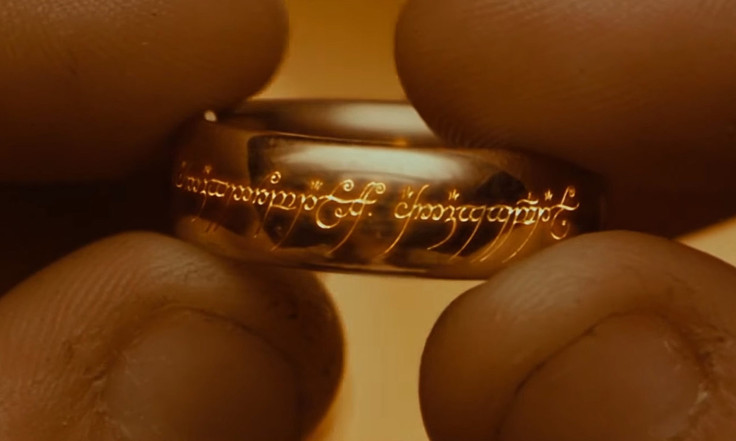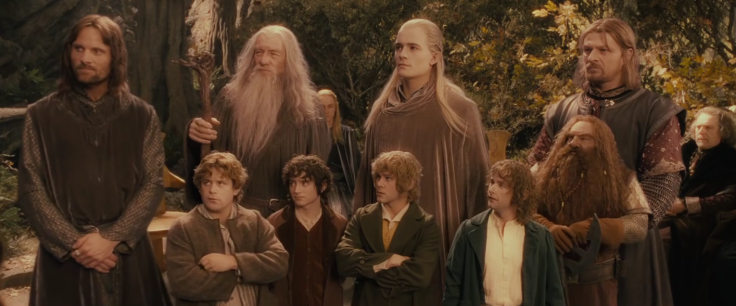Why you should give Amazon's Lord of the Rings TV series a chance
A few reasons why there's cause for optimism with Amazon's adventures in Middle-earth.

Amazon has committed to multiple seasons of a television series based on The Lord of the Rings, which will be set before the events of Fellowship of the Ring and the rest of J.RR Tolkien's classic tale.
Give or take a couple of its endings and Orlando Bloom, Peter Jackson's big screen version of the story was pretty much a perfect adaptation of the beloved fantasy epic – so it's understandable that Amazon's announcement was met with scepticism.
There's certainly cause for optimism, however, so here's why Amazon's return to Middle-earth is worth giving the benefit of the doubt.
It's not a retread (yet)
Amazon's show will cover elements of Tolkien's world that weren't adapted in Jackson's Lord of the Rings or Hobbit trilogies. The series will "explore new storylines" that precede Fellowship, and that's an era ripe with potential.
Tolkien's 1977 collection The Silmarillion includes a section that describes the events of the Second and Third ages of Middle-earth, leading up to and including the author's most famous tale.
This will likely be a source of some inspiration, as will the extensive appendices of The Lord of the Rings.
In occupying this part of the story, there's room to offer something fresh that also offers the familiarity studios want when bringing a big-name series to television. It also allows the series to, at least initially, work in tandem with existing films – albeit with some of the roles potentially recast (Elrond, Gandalf and Galadriel for example, if they're included).
If the plan is to one day adapt The Lord of the Rings proper, then Amazon will have to earn the right to do so. If that success comes, future series adapting Fellowship, The Two Towers and Return of the King could also benefit from the bigger budgets they would need.
The restraints of television
If Tolkien's estate and New Line Cinema had taken the standard route for continuing a beloved but dormant series and announced a big screen reboot, it wouldn't have been nearly as interesting as this.
There also would have been just concerns that those hypothetical new films would take after Jackson's Hobbit prequels and rely too heavily on green screen and computer imagery.
The relative restraints offered by television budgets should restrict CGI to a minimum and in turn keep this trip to Middle-earth's Hobbit feet firmly on the ground. It'll be an expensive show for sure, but not as expensive as a trilogy of new films.
Jackson's first three films are timeless because CGI was used sparingly and he shot so much of it on location in the beautiful wild of New Zealand. The films have a timeless look that inspired the dirt-under-the-fingernails approach of Game of Thrones, the success of which in turn inspired this new series.

Doubters have been wrong before
Remember when a prequel series inspired by Alfred Hitchcock's Psycho, and a Coen Brother-free series based on Fargo were announced? People understandably assumed the worst of those, but the results (Bates Motel and Fargo) were and have been excellent.
When NBC announced an adaptation of Thomas Harris's stories about a cannibalistic psychiatrist by the name Hannibal Lecter, that too was ridiculed. The result however, was one of the best (and sadly, ill-fated) TV series of recent years.
Then there's Westworld, HBO's hit science fiction series based on the 1973 film written by Michael Crichton, which returns for a second season in 2018.
There have certainly been shows that justify scepticism, and scepticism is no bad thing to have, but there have been more than enough successes to counter the shows that have failed.
Basically, it's not worth getting worked up about until there's a show to actually watch, so maybe it's best to shelve the pessimism. We've been there (and back again).






















